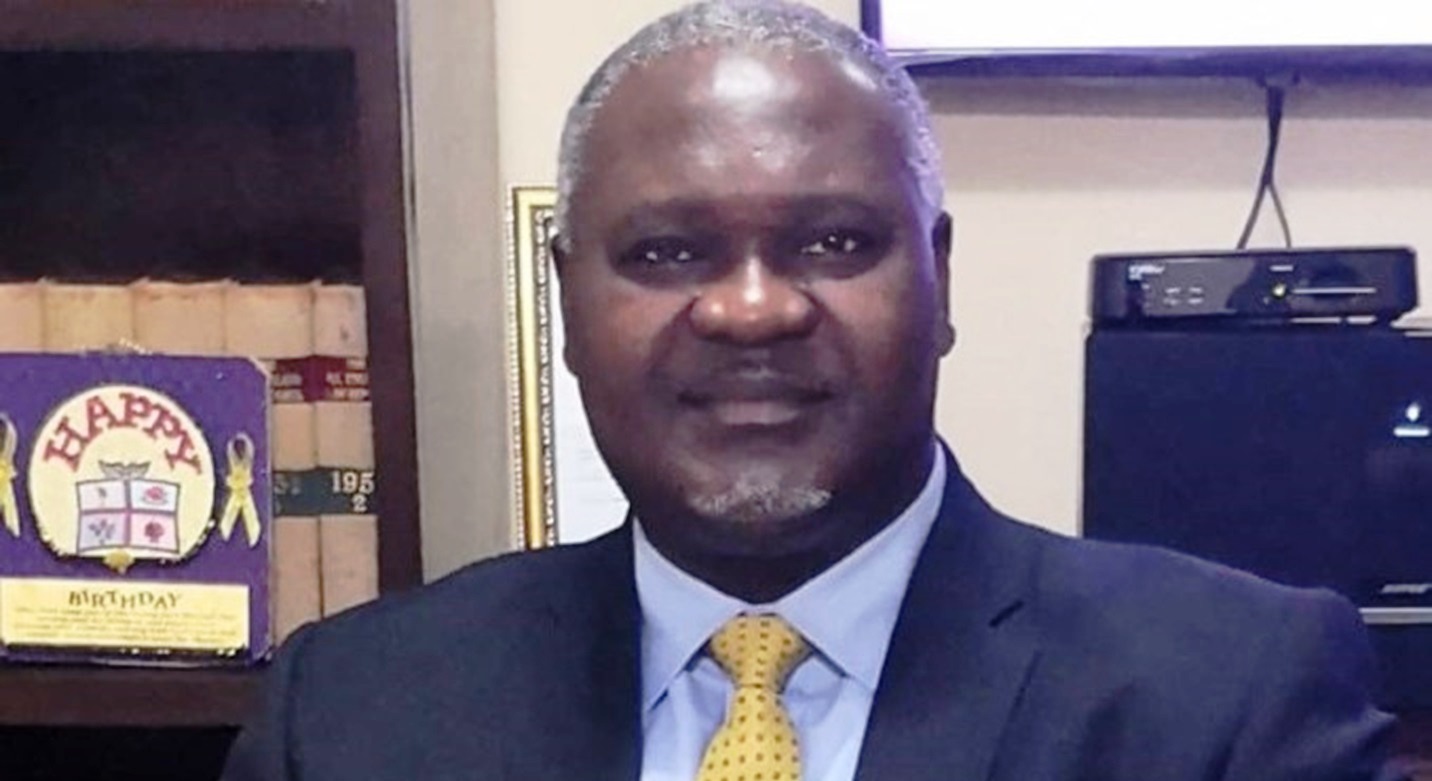Joseph Fitzgerald Kamara, one of Sierra Leone’s most influential legal minds and politicians, captured the essence of a deep societal crisis in a poignant and thought-provoking tweet: “The stare of the disenchanted youth. A stare that cannot be missed or ignored. As stakeholders, we must do more to convert the stare to a wink. Youths experience the pain and torture of poverty, with little or no opportunities for a breakthrough.”
This brief statement has resonated across the nation, shedding light on a generation gripped by frustration, marginalization, and despair. In a country where youth make up a significant proportion of the population, Kamara’s message serves as both a wake-up call and a challenge to policymakers, civil society, and all stakeholders in Sierra Leone’s future. It underscores the urgency of addressing the root causes of youth disenchantment and creating pathways for empowerment and opportunity.
The “stare” Kamara refers to is not merely a gaze; it is a metaphor for the silent cry of millions of young Sierra Leoneans who feel left behind. It reflects the pain of unfulfilled potential, the frustration of systemic failures, and the hopelessness that comes from being excluded from the nation’s progress.
In Sierra Leone, young people face an array of challenges, including unemployment, poverty, and limited access to quality education and healthcare. According to the World Bank, over 60% of Sierra Leone’s population is under the age of 35, yet many remain unemployed or trapped in low-paying, unstable jobs. The International Labour Organization (ILO) estimates that youth unemployment in Sierra Leone hovers around 70%, one of the highest in the region. This dire statistic is not just a number; it represents the lives of real people who wake up every day to the harsh realities of poverty and limited opportunities.
The stare of disenchanted youth is a stark reminder that without meaningful intervention, Sierra Leone risks losing an entire generation to despair and stagnation.
Poverty is a pervasive force in Sierra Leone, affecting nearly 56% of the population, according to the United Nations Development Programme (UNDP). For young people, poverty is not just a lack of money—it is a multi-dimensional experience that touches every aspect of their lives.
Education: Many youths lack access to quality education, with schools often underfunded, overcrowded, or ill-equipped to meet their needs. The result is a generation that is underprepared for the demands of a modern workforce.
Healthcare: Poor health outcomes further limit opportunities. Malnutrition, inadequate healthcare infrastructure, and limited mental health services disproportionately affect young people in rural and urban areas alike.
Economic Opportunities: Even for those who manage to obtain an education, the job market offers little promise. The formal sector is small, and many young people are forced into informal, unstable, or exploitative work.
These interconnected challenges form a vicious cycle that traps young people in poverty, limiting their ability to contribute meaningfully to society or realize their potential. Joseph Fitzgerald Kamara’s tweet is not just an observation—it is a call to action. His words challenge Sierra Leone’s stakeholders to confront the realities of youth disenchantment and work towards transformative solutions. But what does “converting the stare to a wink” mean in practical terms?
Education is the cornerstone of any long-term solution. Sierra Leone must prioritize investments in its educational system to ensure that every child, regardless of background, has access to quality learning opportunities. Expanding access to technical and vocational education and training (TVET) will also help equip young people with the practical skills needed for the job market.
Job creation is critical to addressing youth disenchantment. The government and private sector must work together to develop public works programs that provide immediate employment while improving national infrastructure.
Disenchanted youth often feel excluded from the political process. Engaging young people in decision-making and governance can foster a sense of ownership and agency. This could involve youth councils or platforms for youth-led advocacy, allowing them to actively participate in shaping policies that affect their lives.
The psychological toll of poverty and marginalization is often overlooked. Providing mental health services, counseling, and community support can help young people cope with the challenges they face.
Kamara’s call to action places the responsibility for change on all stakeholders: government officials, civil society, businesses, and international partners.
Government: The government must take the lead in implementing policies and programs that address youth needs. This includes increasing budget allocations for education, healthcare, and job creation.
Civil Society: Non-governmental organizations and community groups play a vital role in advocating for youth issues and delivering services at the grassroots level.
Private Sector: Businesses have a responsibility to invest in workforce development and support social programs that benefit young people.
International Partners: Development agencies and donors can provide technical and financial support to scale up successful initiatives and drive systemic change.
While the challenges facing Sierra Leone’s youth are daunting, there are reasons for hope. Across the country, young people are demonstrating resilience, creativity, and determination. From entrepreneurs starting small businesses to activists advocating for change, the youth of Sierra Leone are not just passive victims of their circumstances—they are agents of their own futures.
Joseph Fitzgerald Kamara’s tweet captures this potential. By acknowledging the “stare” and committing to turning it into a “wink,” Sierra Leone can harness the energy, talent, and ambition of its young population to build a brighter future.
The stare of disenchanted youth is a powerful reminder of the work that remains to be done in Sierra Leone. It is a challenge to all stakeholders to confront the systemic issues that perpetuate poverty and exclusion and to take bold, transformative action.
Joseph Fitzgerald Kamara’s words should not only inspire reflection but also galvanize action. By investing in education, creating jobs, and fostering inclusivity, Sierra Leone can turn the despair of its youth into hope, their frustration into empowerment, and their stare into a wink of optimism. This is not just a moral imperative—it is a necessity for the nation’s progress and prosperity.










